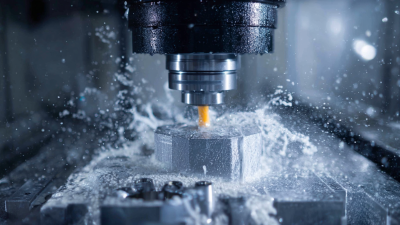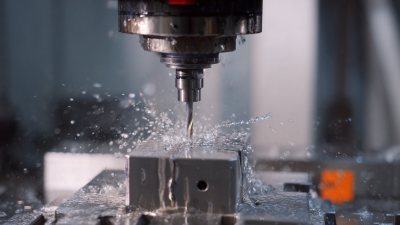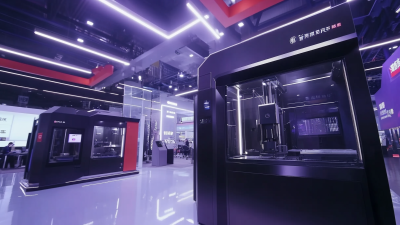The manufacturing industry is witnessing a transformative era driven by advancements in CNC machining technologies. According to a report by ResearchAndMarkets, the global CNC machining market is projected to reach $100 billion by 2025, growing at a CAGR of 6.4%. This growth is propelled by the demand for precision engineering, increased automation, and the need for rapid prototyping in various sectors, including aerospace, automotive, and electronics. CNC machining, recognized for its ability to produce complex parts with unparalleled accuracy, is central to this evolution. As industries embrace smart manufacturing and the Industrial Internet of Things (IIoT), the integration of CNC machining with cutting-edge technologies like AI and machine learning is expected to further enhance productivity and efficiency. Therefore, exploring these innovative CNC machining solutions not only reveals the future of manufacturing but also highlights the significant impact they will have on meeting the challenges of modern production demands.
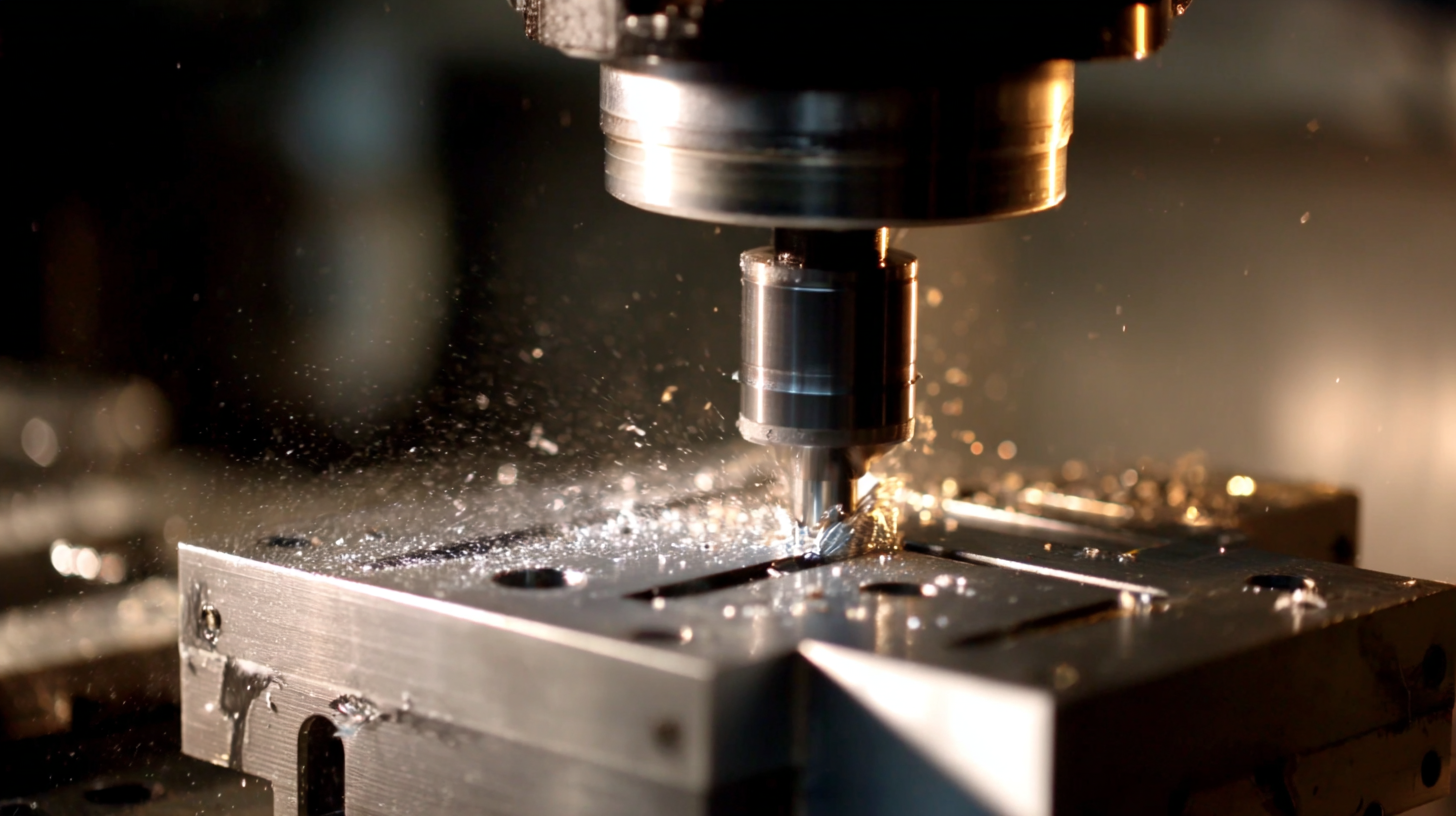
CNC machining has revolutionized the manufacturing industry, enabling precision and efficiency. At the heart of this technology are post processors, which translate CAD/CAM software outputs into machine-specific code. These post processors are crucial for optimizing the capabilities of CNC machines, allowing manufacturers to cut metal and fabricate parts with enhanced accuracy. According to industry reports, companies that effectively use tailored post processors can increase machining speed by up to 30%, significantly reducing production times and costs.
The introduction of advanced CNC systems, such as the latest digital native models, marks a new era in manufacturing. These systems synthesize both continuity and change, ensuring compatibility with existing setups while providing high performance and process integration. This capability is vital for manufacturers looking to streamline operations and adopt additive manufacturing methods alongside traditional processes. Studies indicate that organizations leveraging such integrated technologies can expect a productivity boost of around 25%, showcasing the potential of CNC advancements to shape the future of the manufacturing landscape.
Innovative materials are transforming the landscape of CNC machining, offering unparalleled possibilities in manufacturing. Traditional materials like steel and aluminum have long dominated the field, but advancements in polymers, composites, and exotic alloys are opening new avenues for designers and engineers. These innovative materials not only enhance performance through improved strength-to-weight ratios but also allow for greater design flexibility and creativity. As industries strive for lighter, more durable components, materials such as carbon fiber and advanced ceramics are becoming increasingly prevalent in CNC machining applications.
Furthermore, the integration of smart materials into CNC machining processes is paving the way for adaptive manufacturing solutions. These materials can change their properties in response to external stimuli, enabling the production of components that can self-adjust to various conditions. This not only improves functionality but also extends the lifecycle of manufactured parts. As CNC machining continues to evolve, the exploration of these innovative materials will play a crucial role in enhancing productivity, sustainability, and the overall capabilities of modern manufacturing.
| Material Type | Applications | Benefits | Challenges |
|---|---|---|---|
| Carbon Fiber | Aerospace, Automotive, Sporting Goods | Lightweight, High Strength-to-Weight Ratio | High Production Cost, Processing Complexity |
| Titanium Alloys | Medical Implants, Aerospace Components | Corrosion Resistance, Biocompatibility | Difficult to Machine, Higher Tool Wear |
| Aluminum Alloys | Transportation, Consumer Electronics | Good Machinability, Lightweight | Low Strength Compared to Steel |
| Polymer Composites | Furniture, Aerospace, Sports Equipment | Versatile, Lightweight, Cost-Effective | Lower Mechanical Properties, Environmental Concerns |
| High-Performance Ceramics | Aerospace, Defense, Electronics | High Temperature Resistance, Electrical Insulation | Brittleness, Difficult to Machine |
The CNC machining industry is entering a transformative phase, driven by innovations aimed at automating processes that enhance both efficiency and accuracy. As the market is projected to expand significantly from $101.22 billion in 2025 to $195.59 billion by 2032, manufacturers are increasingly adopting automated CNC solutions to streamline operations. This shift not only reduces production times but also minimizes human error, leading to higher precision in the manufacturing of complex components.
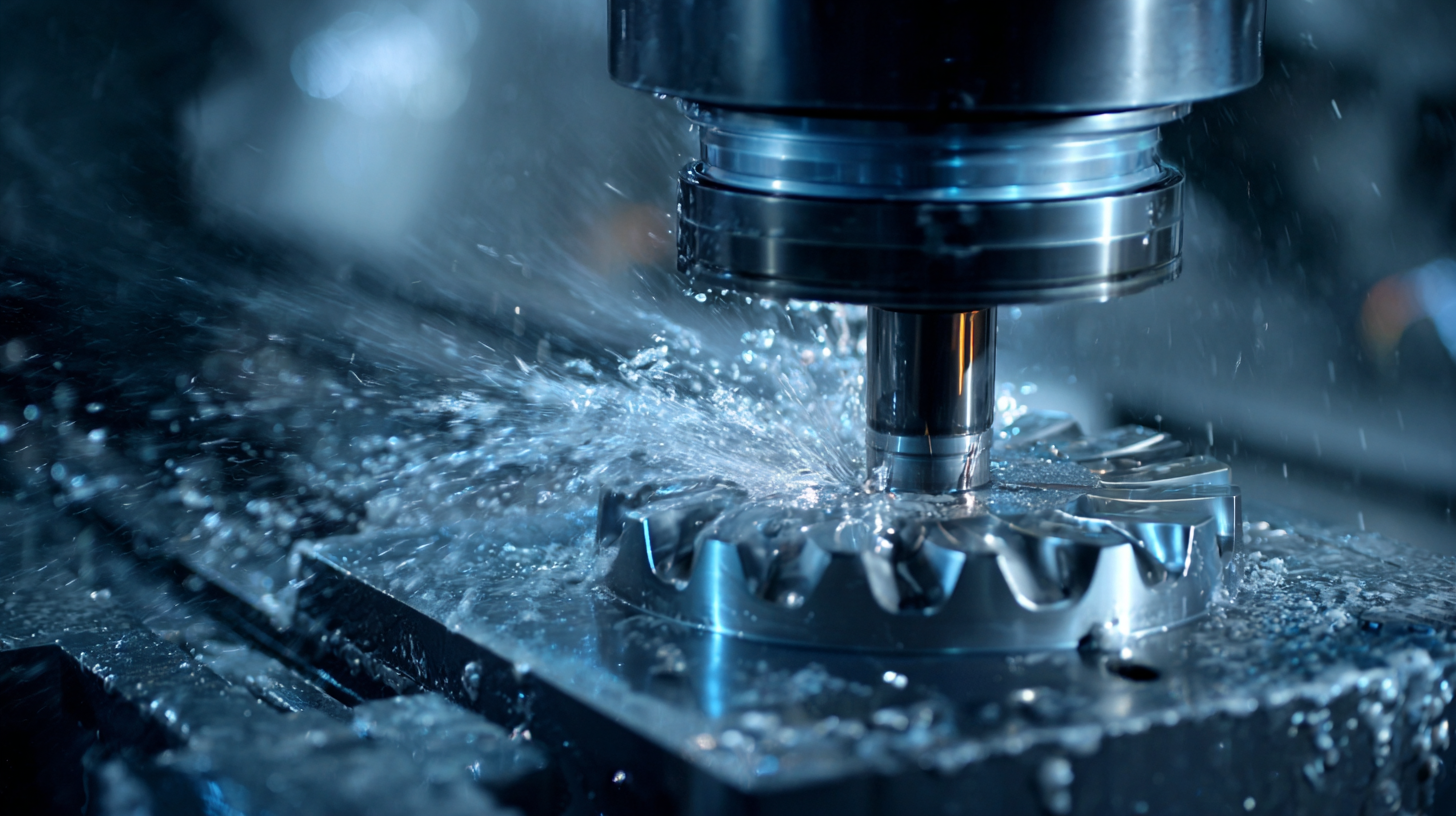
Automation in CNC machining encompasses various advanced technologies, including artificial intelligence and machine learning, which facilitate real-time monitoring and adjustments during the manufacturing cycle. As a result, manufacturers can achieve unprecedented levels of reliability and output quality. With the Precision Turned Product Manufacturing Market also set for substantial growth, reaching an anticipated size of USD 196.11 billion by 2034, the implications of these innovations are clear: the future of manufacturing will heavily rely on smart, automated systems that can meet the increasing demands for customized and precise products across diverse industries.
The integration of emerging technologies such as AI and the Internet of Things (IoT) is revolutionizing CNC machining and shaping the future of manufacturing. As industries increasingly embrace digitalization, the CNC controller market is projected to grow from $3.2 billion in 2023 to an impressive $7.2 billion by 2033, reflecting a compound annual growth rate (CAGR) of 8.3% from 2024 onwards. This growth can be attributed to advancements in automation and the demand for more efficient, precision-driven manufacturing processes.
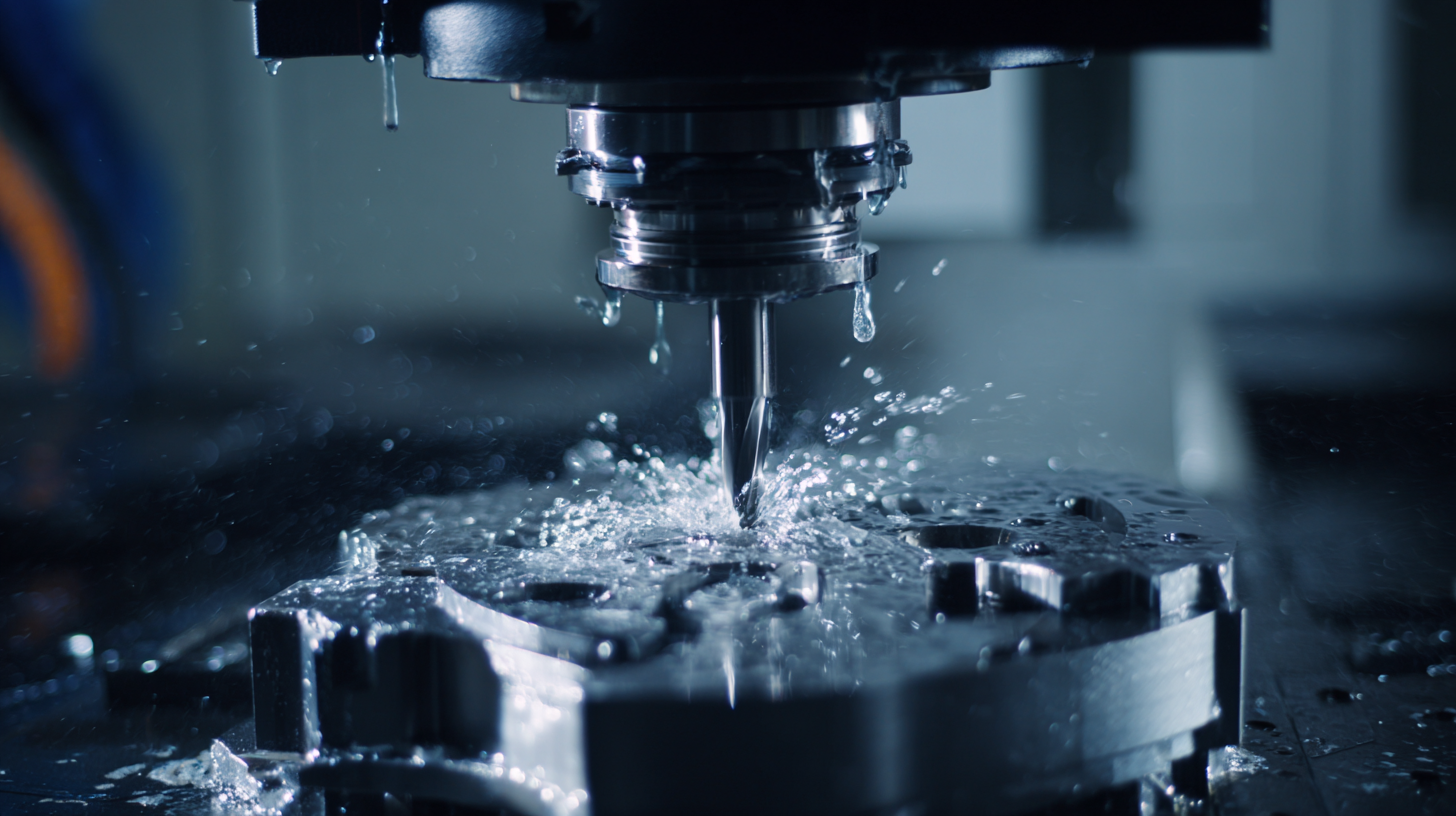
AI and robotics are at the forefront of this transformation, driving innovative disruptions across specialized industry sectors. The digital manufacturing market is expected to reach a staggering USD 1,631.0 billion by 2034, with a CAGR of 15%, highlighting the vast opportunities for investment and development. By harnessing these technologies, manufacturers can streamline production workflows, increase productivity, and enhance operational efficiency, ultimately leading to more sustainable and cost-effective practices in machining. The future of CNC machining is not just about tools; it's about creating smarter, interconnected systems that optimize every aspect of manufacturing.
CNC machining has become a cornerstone of modern manufacturing, offering precise and efficient production methods. As the world grapples with environmental challenges, integrating sustainable practices into CNC machining is crucial for reducing its ecological footprint. From selecting eco-friendly materials to implementing energy-efficient technologies, manufacturers are discovering innovative ways to operate sustainably. Utilizing recyclable materials not only lessens waste but also promotes a circular economy, encouraging the reuse of resources.
Moreover, advancements in CNC machining technology itself contribute to sustainability. Techniques such as optimized tool paths and reduced cycle times not only enhance productivity but also decrease energy consumption. Additionally, the adoption of software solutions for predictive maintenance ensures machines operate at peak efficiency, minimizing downtime and waste. By focusing on these sustainable practices, the CNC machining industry can lead the way in reducing environmental impact while still meeting the demands of a rapidly evolving manufacturing landscape.
